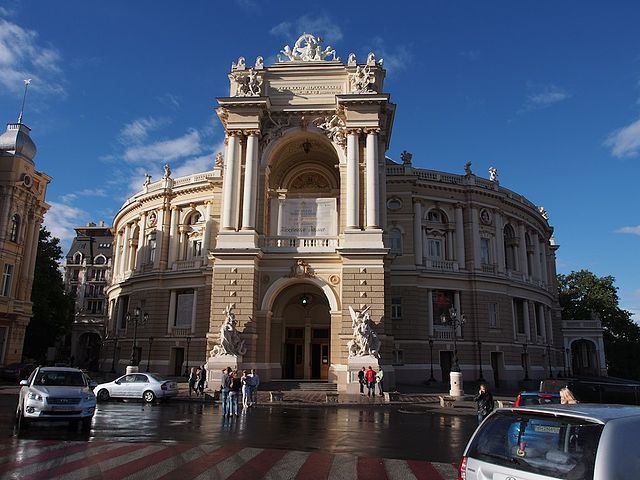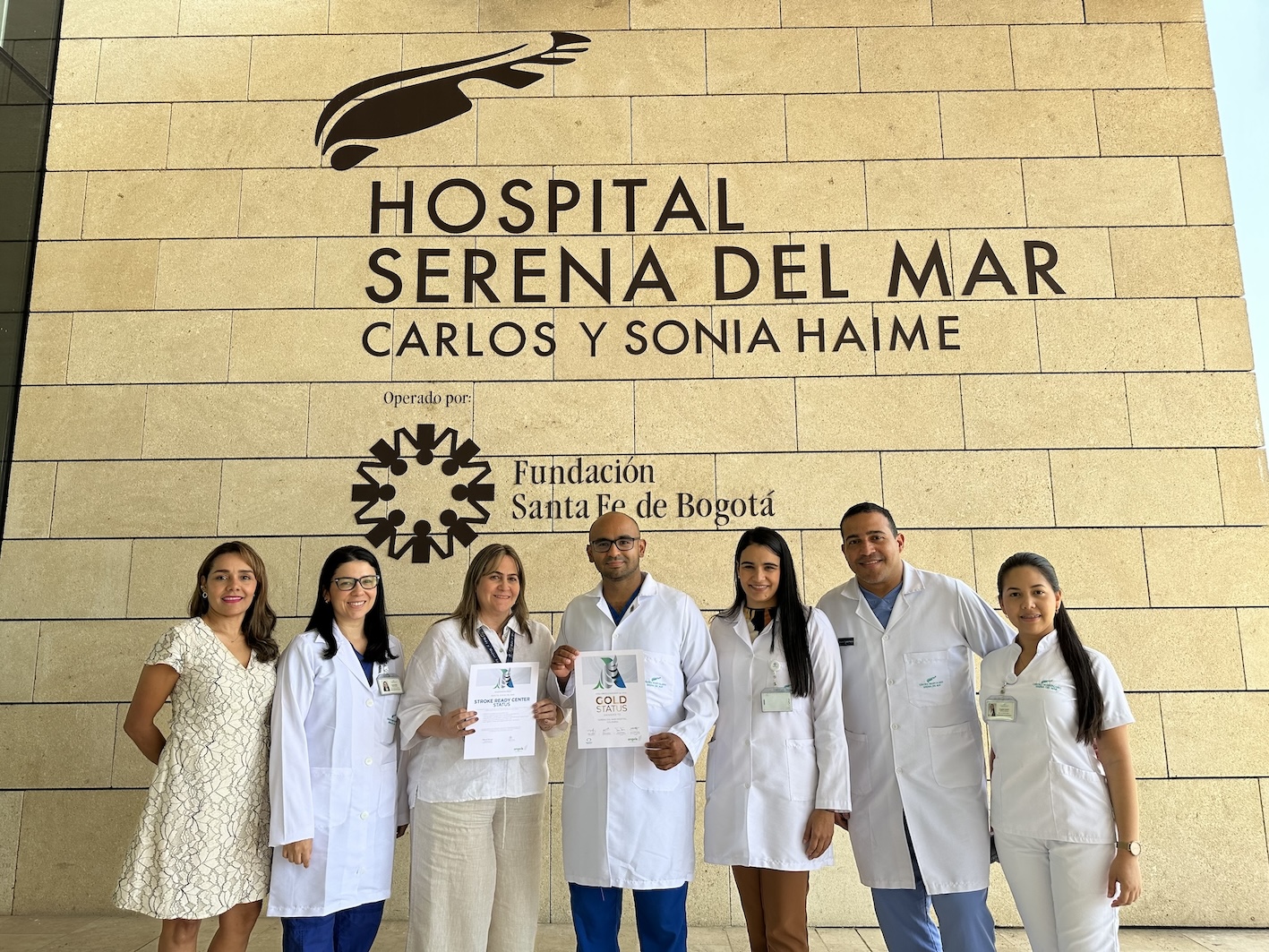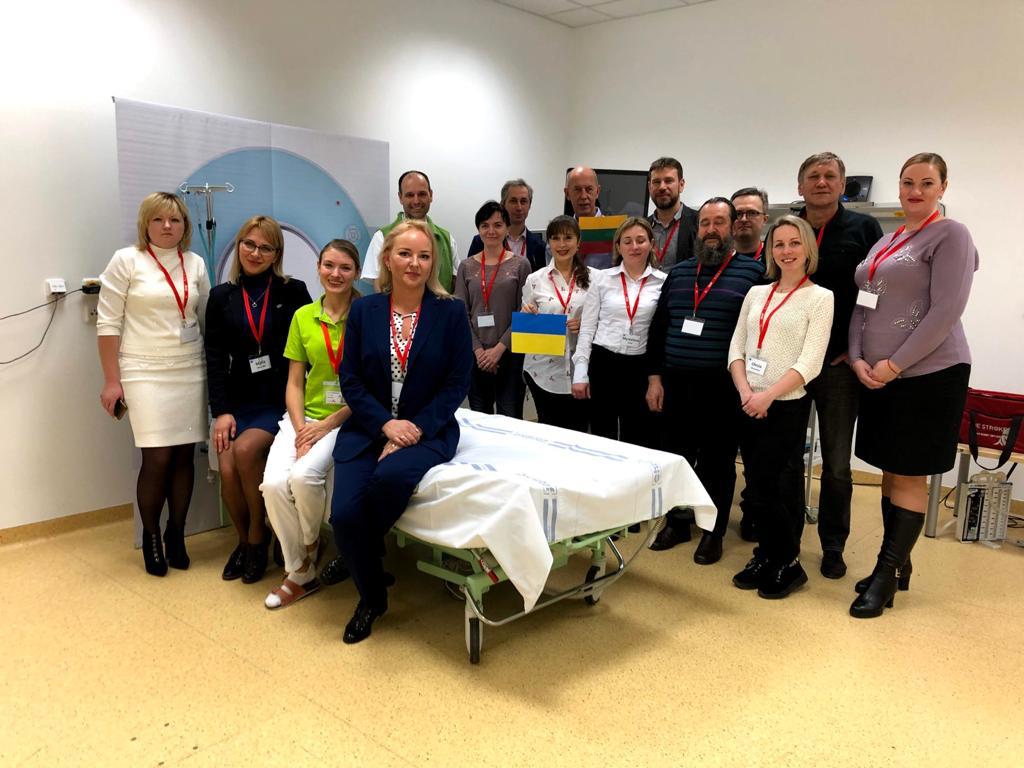
Odesa è una città portuale sulla riva nord-occidentale del Mar Nero. In tempo di pace, la "perla del mare dell'Ucraina" è popolare tra i turisti che si rifugano ai suoi lati e alle sue spiagge e rimangono affascinati dalla sua splendida architettura, tra cui le facciate color pastello di mansioni neoclassiche e artistiche e la più bella casa opera in tutta Europa.
Nel periodo di guerra è un premio strategico, per chiunque controlli Odesa, che controlli il Mar Nero.
Poco più di 200 km a ovest di Kherson, la città di Odesa è stata il bersaglio dell'avvolgimento e degli scioperi aerei dall'inizio dell'invasione russa. Le sirene dei raid aerei suonano ogni giorno e l’elenco delle vittime civili continua a crescere più a lungo. Nel mese di dicembre, gli attacchi sulla griglia energetica affondarono la città al buio.
Nell'aprile del 2022, il team Angels in Ucraina, insieme alle associazioni ucraine per l'ictus, ha iniziato a eseguire telefonate settimanali di Zoom per i medici colpiti da ictus coinvolti nella guerra, un'iniziativa che avrebbe successivamente ottenuto un ordine del giorno formale e il supporto della task force dell'ESO per l'Ucraina. L’opportunità di condividere le proprie esperienze e sentirsi in una comunità è stata accolta dai medici specializzati in ictus in tutto il Paese, tra cui il Dott. Oleksandr Kartashov, responsabile del reparto di terapia intensiva presso l’Ospedale clinico regionale di Odesa.
Situato nel distretto di Suvoroskiy nella parte nord-orientale della città, l’Ospedale clinico regionale di Odesa è un centro completo e il principale centro ictus nella regione di Odesa sotto la direzione del direttore generale Dott. Yurii Gulchenko. Quando Angels ha iniziato a lavorare con questo ospedale nel 2016, hanno trovato un intero team di campioni di ictus già in carica: la dott.ssa Kartashov, la dott.ssa Volodymr Kolesnyk, responsabile del reparto di neuroradiologia, e la dott.ssa Iryna Hubetova, responsabile del reparto di neurologia, che è stata successivamente sostituita dalla dott.ssa Olga Velychko.
Nel 2016 il Consulente Angels Lev Prystupiuk ha visitato Odesa per simulazione e workshop di formazione che hanno segnato l’inizio di una nuova traiettoria per la la cura dell'ictus presso questo ospedale.
I numeri raccontano la anamnesi. Dodici pazienti sono stati sottoposti a trombolisi nel 2016 e il tempo tra l’arrivo in ospedale e l’inizio della trombolisi era compreso tra 60 e 70 minuti. Nel 2017 e ancora nel 2018, oltre 30 pazienti sono stati sottoposti a trombolisi e nel 2019, dopo la formazione sulla simulazione della Consulente Angels Maria Sheverdina, tale numero è raddoppiato a 63. Dal 2021, oltre 200 pazienti con ictus hanno avuto una seconda possibilità di vita presso l’Ospedale clinico regionale di Odesa, con tempi door-to-needle compresi tra 20 e 30 minuti.
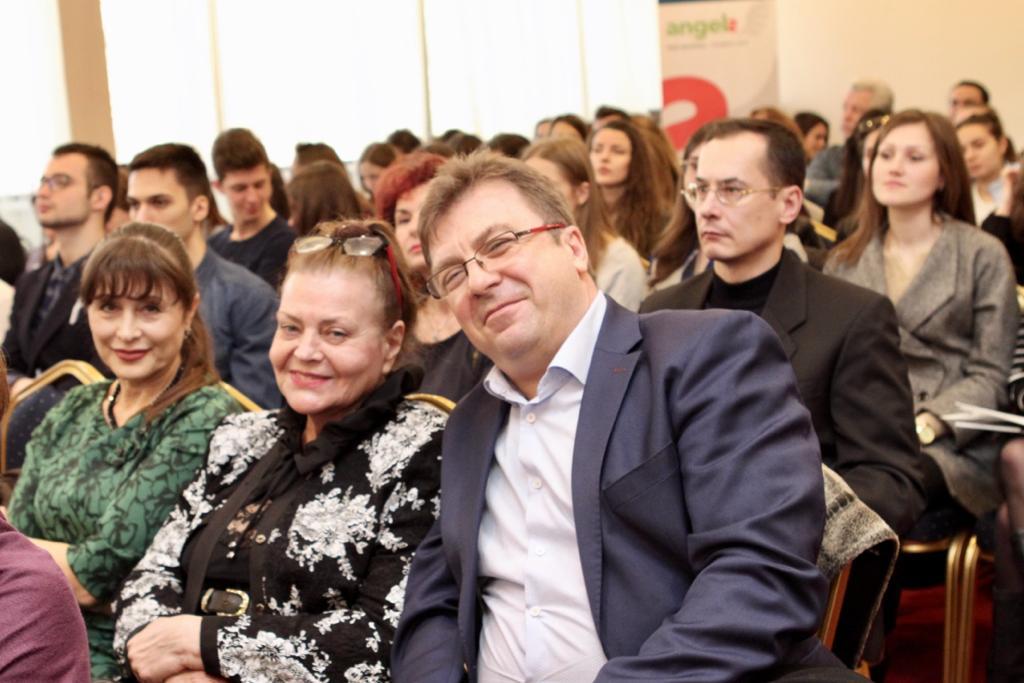
La dott.ssa Kartashov traccia la sua esperienza personale con il trattamento dell’ictus acuto fino al 2010, un momento in cui l’atteggiamento verso la trombolisi in Ucraina era nel migliore dei casi tentativo. Era in servizio notturno quando una paziente era ricoverata con segni di ictus. Dopo aver escluso altre controindicazioni, il Dott. Kartashov ha deciso di eseguire la trombolisi, ma nonostante il trattamento abbia avuto successo, a causa del rischio percepito, era obbligato a scrivere molte relazioni che spiegavano le sue azioni. "I vincenti non sono giudicati, ma ero," commenta in maniera secca.
L’evento si è tuttavia rivelato un punto di svolta per l’ospedale.
Nel 2019, l’ospedale ha vinto il suo primo premio all’oro ESO Angels, ma mentre le sue prestazioni continuavano a migliorare, l’inserimento dei dati in RES-Q ha preso un posto per i prossimi due anni. Angels Gold Award Ciò è successo, fino a quando non è sorta la guerra e, durante una chiamata Zoom in aprile, il Dott. Kartashov ha ascoltato con intenso interesse il Dott. Yuriy Flomin, uno dei principali esperti di ictus del Paese, ha invitato i medici a condividere i dati sul trattamento dell’ictus con RES-Q.
I centri di eccellenza come l’Ospedale clinico regionale di Odesa meritavano di ricevere il riconoscimento dei loro risultati, ha affermato la Dott.ssa Flomin.
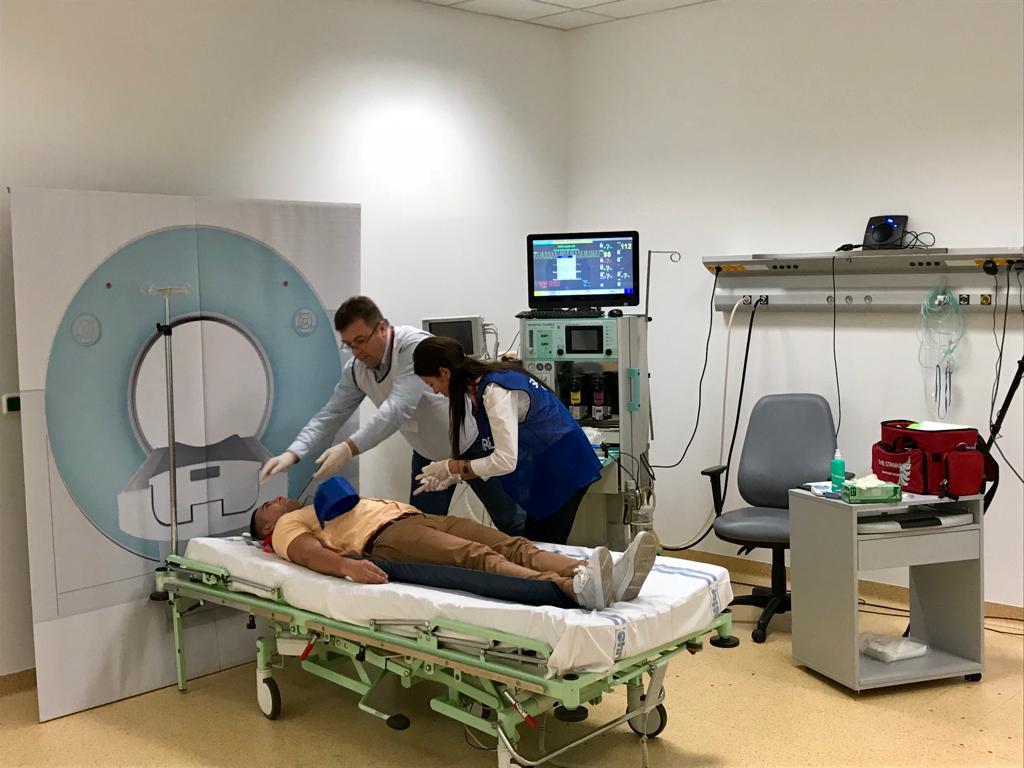
Una volta registrati in RES-Q, questi risultati hanno effettivamente raccontato una anamnesi straordinaria sulla qualità della la cura dell'ictus presso l’ospedale e il riconoscimento seguiva presto. Per il periodo compreso tra aprile e giugno 2022, un periodo in cui gli ospedali in Ucraina stavano diventando obiettivi strategici, l'Ospedale clinico regionale di Odesa ha vinto il suo secondo riconoscimenti'oro,
Come puoi lavorare quando sai che un attacco potrebbe arrivare in qualsiasi momento, Maria chiese alla dott.ssa Kartashov in quel momento. Ha risposto: "Cos'altro possiamo fare, tranne per continuare a lavorare e sperare."
Così continuarono a lavorare e speravano, e per il periodo da luglio a settembre, quando la prima linea si spostò più vicino alla città e gli attacchi razziali reclamarono decine di vite civili in più, l'Odesa Regional Clinical Hospital vinse il suo primo riconoscimenti diamante. E nel trimestre che termina in quel buio dicembre, hanno aggiunto un secondo diamante alla corona.
Se la guerra e lictus ci insegnano qualcosa, è che la vita è preziosa. Ecco perché la dott.ssa Kartashov dice: "È così importante dare ai nostri pazienti la possibilità non solo di vivere, ma di rimanere vivi".
